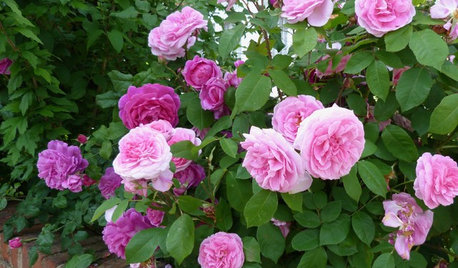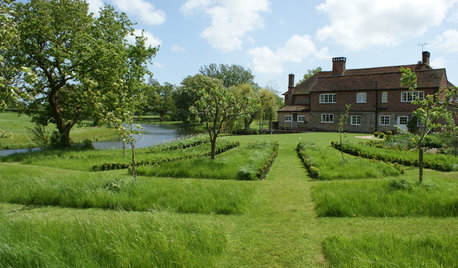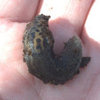Merit or Milky Spore?
csilkman
16 years ago
Related Stories

WINTER GARDENINGPruning Secrets for Exquisite Roses
Encourage gorgeous blooms year after year with this time-tested advice on how to prune your rosebush in winter for health and shape
Full Story
GARDENING GUIDESGreat Design Plant: Stachys Officinalis ‘Hummelo’
The adaptable ‘Hummelo’ betony adds jolts of color to a sunny border or woodland edge
Full Story
GARDENING GUIDESWhat Kind of Roses Should You Grow?
Want to add the beauty of roses to your garden? Find out which ones, from old-fashioned to modern, are right for you
Full Story
COLORBedroom Color: The Secret to More Sex and More Sleep
Look to surprising revelations about bedroom wall colors to get more of what you want
Full Story
GRASSESHow to Rock a Lawn
Weekend Project: The key to healthy grass begins with the soil. If turf works for you, here’s how to fix it and keep it looking its best
Full Story








botanybob
csilkmanOriginal Author
botanybob
Kimmsr
georgez5il
NHBabs z4b-5a NH
ronalawn82
Kimmsr
mulchmama
rhizo_1 (North AL) zone 7